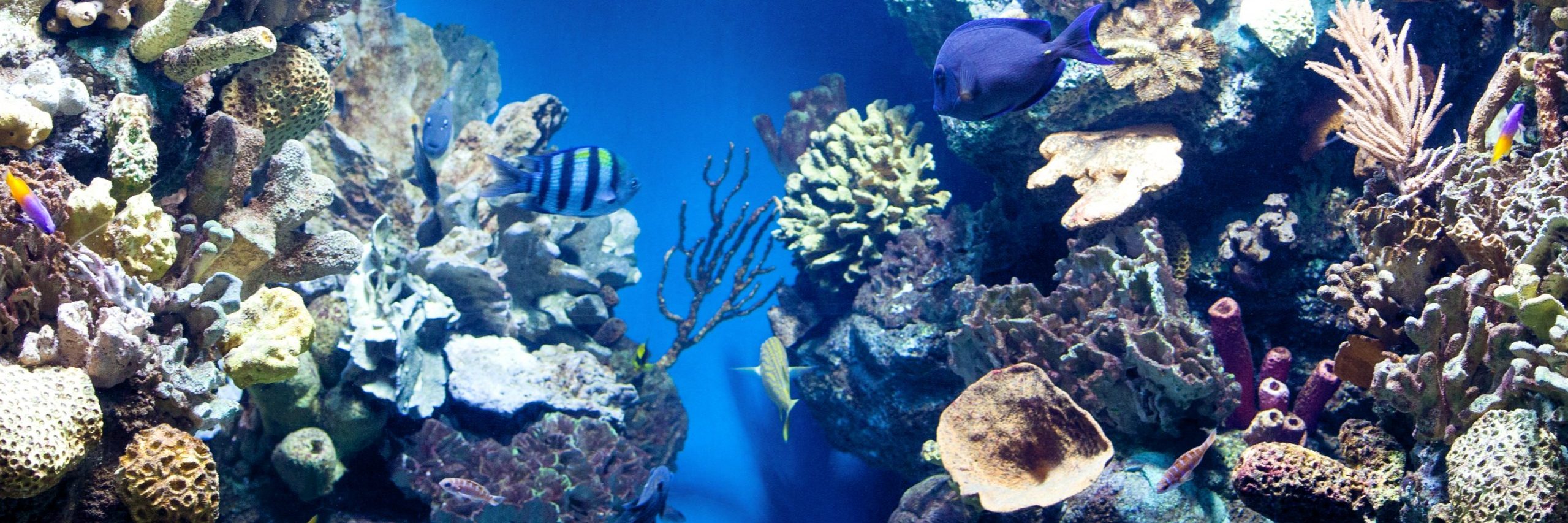By 2100, it is anticipated that 93 percent of global reefs would be under threat by two or more of the stressors identified by the researchers.
A new study has claimed that within 12 years, half of the coral reef ecosystems around the world could face unsustainable conditions for living.
Published in the journal PLOS Biology by the University of Hawai’i at Manoa, researchers used CMIP5, which they described as framework that models what effects climate change can have on certain ecosystems.
Using this technology, experts put certain stressors such as sea surface temperature, ocean acidification, tropical storm, land use and human population projections onto the coral reef environments.
“While the negative impacts of climate change on coral reefs are well known, this research shows that they are actually worse than anticipated due to a broad combination of climate change-induced stressors,” said lead author Renee Setter, a doctoral student at the University of Hawaiʻi at Mānoa.
“It was also enlightening to find that coral would face multiple stressors – posing an even greater hurdle and challenge that would need to be overcome to increase the possibility of survival.”
It’s been predicted with one of these stressors that conditions will be unsuitable by 2050, but when adding multiple, it’s brought down to 2035.
While half will be at risk of climate change factors by 2035, about 99 per cent of the world’s reefs will feel the effects of one if not two factors by 2050.
“We know that corals are vulnerable to increasing sea surface temperatures and marine heatwaves due to climate change. But it is important to include the complete anthropogenic impact and numerous stressors that coral reefs are exposed to in order to get a better sense of the overall risks to these ecosystems,” added co-author Erik Franklin, Associate Research Professor at University of Hawaiʻi at Mānoa.
The next phase of their research will be focused on how climate change will effect individual species of coral and which ones will be most at risk.





